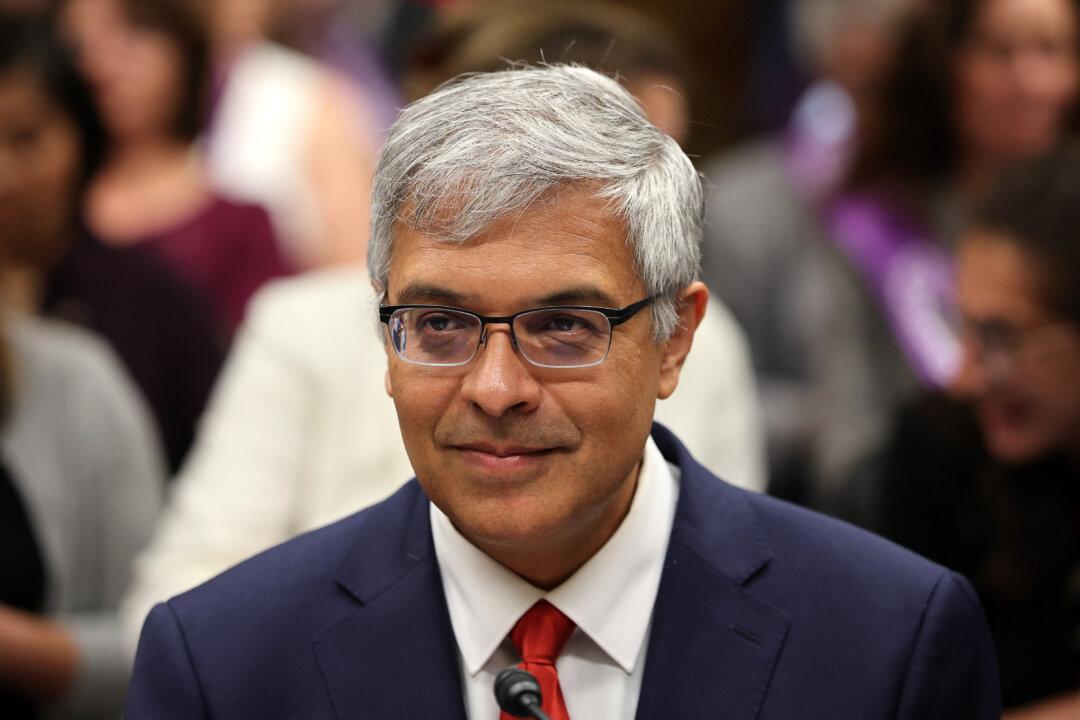A New York Times claim that Sen. Tom Cotton (R-Ark.) called for using military force against protesters was quietly altered after criticism from the senator.
Cotton’s recent op-ed in the paper calling for using federal troops to quell riots drew criticism from some readers, leading to the resignation of the editorial page editor. In the piece, Cotton made clear he was proposing using the military against rioters.





